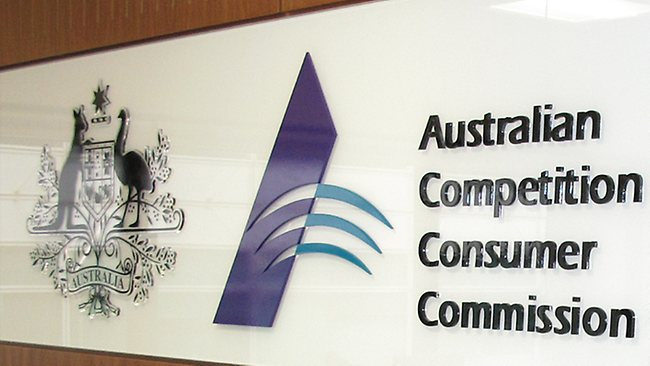The final report of the Competition Policy Review was delivered to the Government late yesterday, and released publicly for consultation.
The Review, conducted by Professor Ian Harper, along with Michael O’Bryan QC, Su McCluskey and Peter Anderson, has made 56 recommendations, across three key themes: competition policy, competition law and institutions.
The Review found that unfinished business remains from the original National Competition Policy (NCP) agenda, and new areas have arisen where competition policy ought to apply.
Some of the key recommendations of the Review include:
Misuse of market power: provisions within the Competition and Consumer Act 2010 dealing with misuse of market power, such as section 46, should be re-framed to prohibit corporations with substantial market power from engaging in anti-competitive conduct. Also, additional legislative guidance should be given to avoiding discouraging pro-competitive activities.
Mergers and acquisitions: changes should be made to the way approval for mergers and acquisitions is conducted. This includes allowing the Australian Competition and Consumer Commission (ACCC) to consider the public interest for merger clearances, rather that the courts. The Australian Competition Tribunal’s role would change so that it would only hear appeals when parties are unhappy with ACCC decisions.
Intellectual property: the Government should task the Productivity Commission to undertake an overarching review of intellectual property, with particular focus on competition policy issues arising from new developments in technology and markets.
Government procurement: all Australian governments should review their policies governing commercial arrangements with the private sector and non-government organisations to ensure procurement and privatisation policies and practices do not restrict competition.
Application of laws to government activities: the Competition and Consumer Act should be amended so that competition law provisions apply to the Crown insofar as they undertake activity in trade or commerce.
The Final Report makes a series of recommendations designed to help small business compete with bigger rivals. These include a more effective misuse of market power provision and simpler laws to help small business understand their rights and obligations.
Recommendations have also been made to ensure better access to justice when disputes occur, including a more flexible collective bargaining process, allowing small business to work together to negotiate with large business, and the strengthening of competitive neutrality policies to ensure commercial activities of government don’t disadvantage small business.
The Government has said it supports the broad direction of the Final Report and has announced a focussed 8-week consultation with business and stakeholders. The Government is encouraging stakeholders to make submissions for consideration.
A Government response will be formulated in the second half of 2015, with the view to engaging with the States and Territories to develop an action plan by the end of the year.
Further information
The full report, together with the detail of the consultation process, can be found here.



